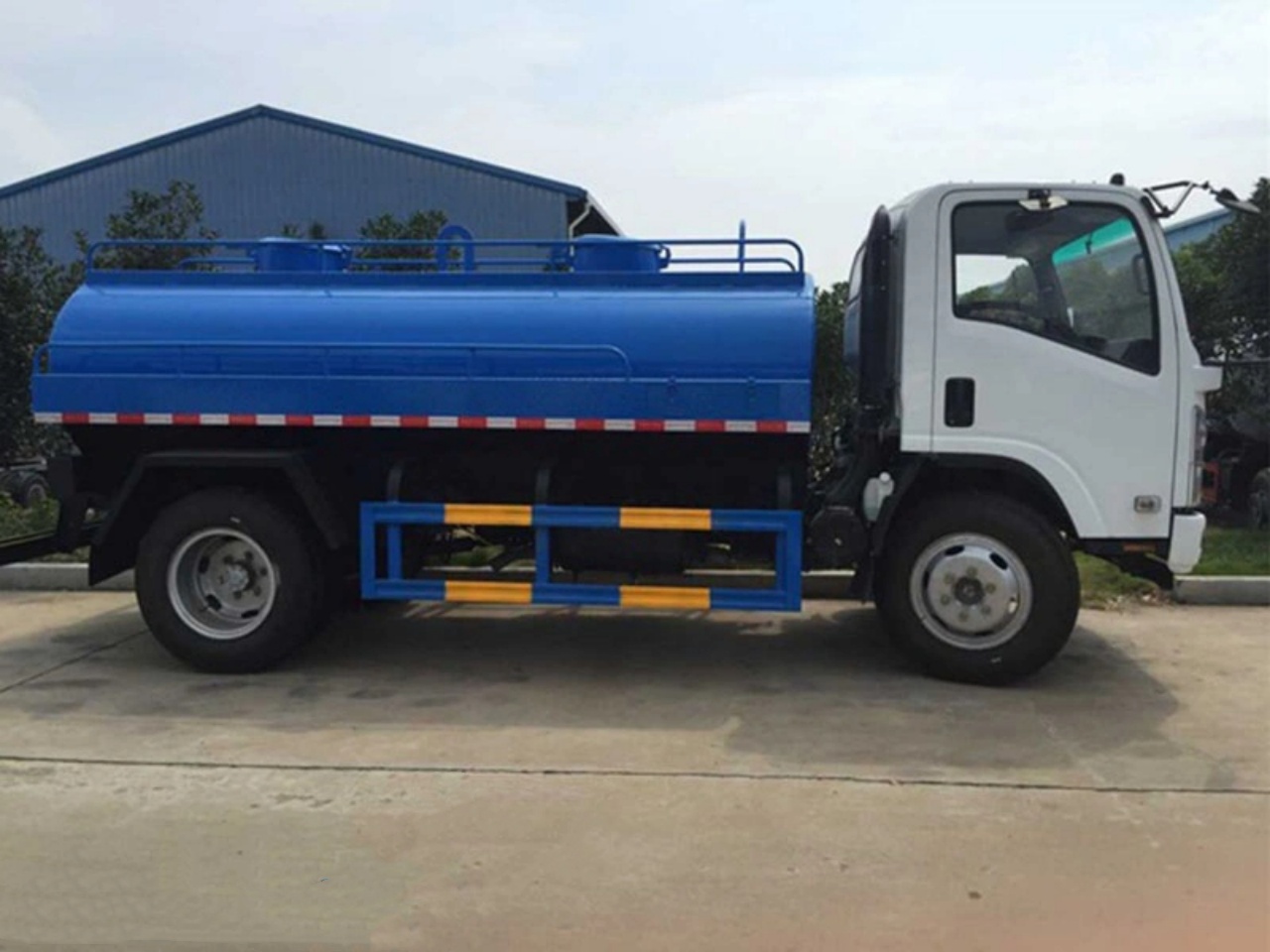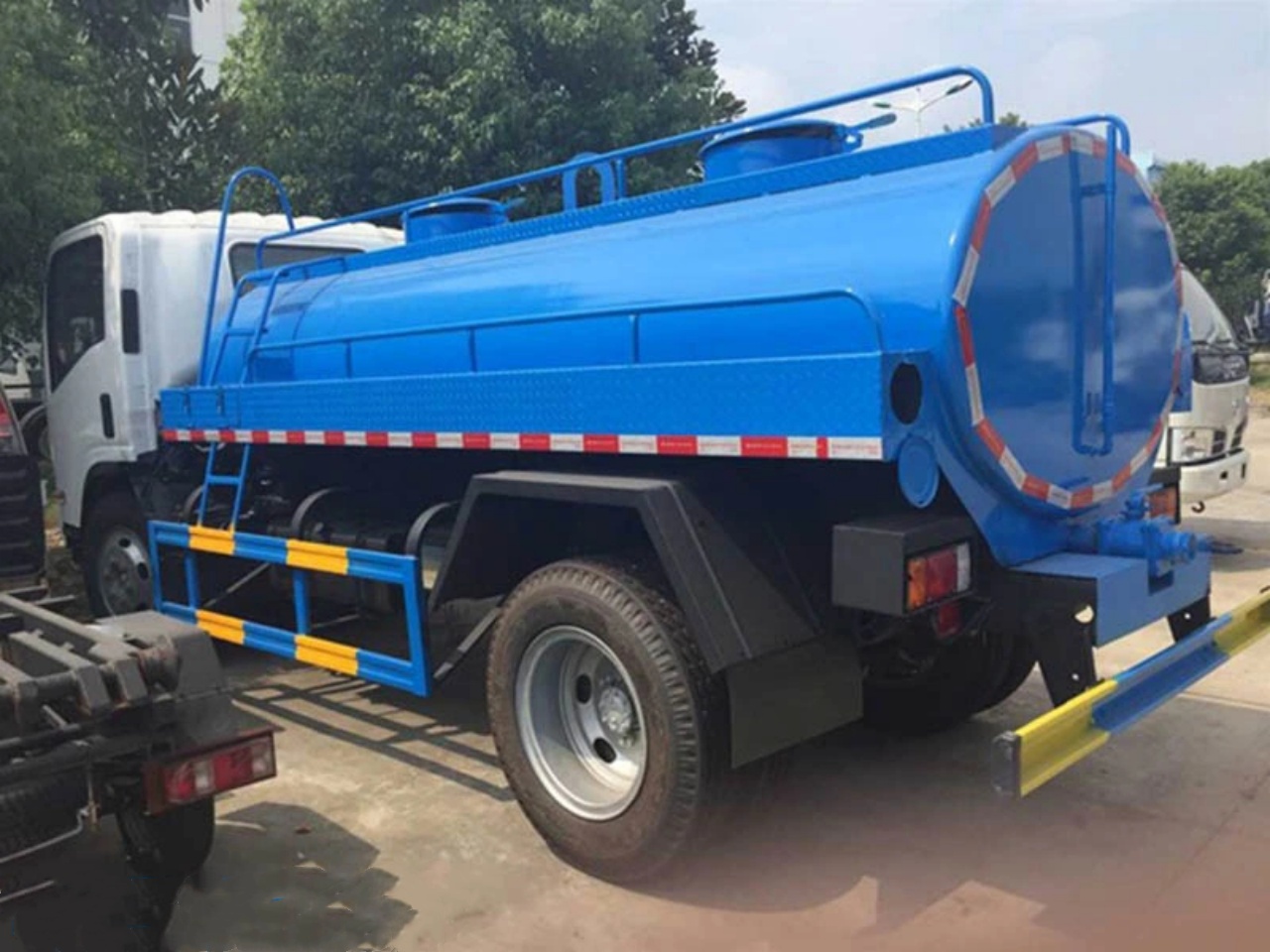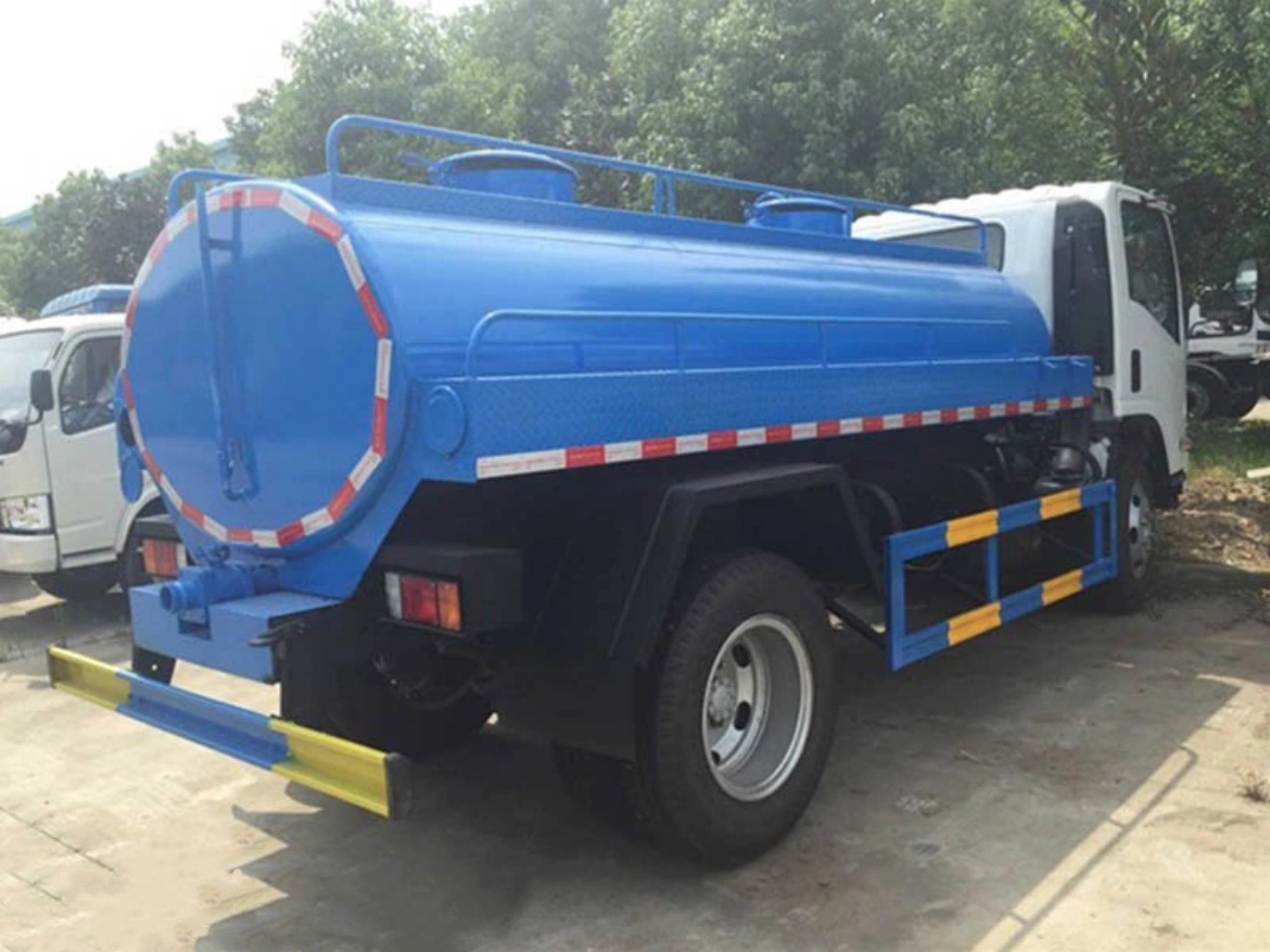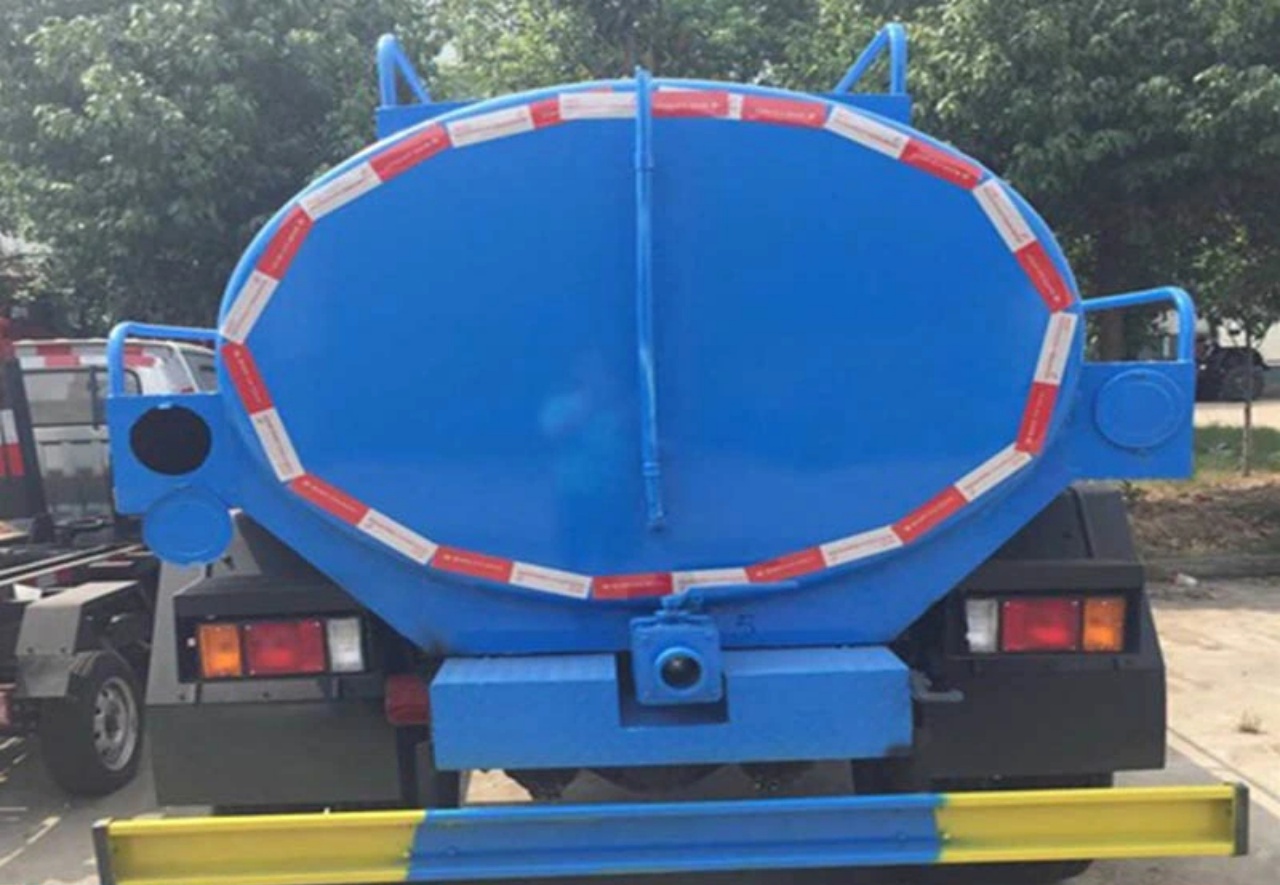What Kind of Truck is a Water Truck?
When you hear the term “water truck,” you might imagine a large, tanker-style vehicle filled with water. While this image is accurate, the function, design, and applications of water trucks are far more versatile and specialized than one might initially assume. Water trucks are critical assets in a variety of industries, ranging from construction to agriculture, firefighting, and even environmental conservation. But what exactly makes a truck a “water truck”? This article delves into the anatomy, purpose, and applications of water trucks, offering a comprehensive understanding of their role and importance.
Anatomy of a Water Truck
A water truck is essentially a heavy-duty vehicle equipped with a large tank, a water pump system, and a series of nozzles or hoses for distributing water. Here are the key components that define a water truck:
1. The Chassis
The base of a water truck is its chassis, typically sourced from standard commercial truck models. The choice of chassis depends on the truck’s intended use, capacity requirements, and the terrain it needs to navigate. Heavy-duty models are common for larger tanks and rugged conditions, while lighter-duty chassis may suffice for smaller applications.
2. The Tank
Water trucks are equipped with tanks that can hold anywhere from 500 gallons to over 5,000 gallons of water. The tank is typically made of durable materials like steel, aluminum, or polyethylene, designed to withstand the pressure of heavy loads and the corrosive properties of water or added chemicals.
3. Pump System
The pump system is the heart of a water truck, enabling the controlled discharge of water. Depending on the application, pumps can vary in size and capacity, with some delivering high-pressure water for tasks like dust suppression or fire control.
4. Nozzles and Spray Bars
Spray bars, equipped with adjustable nozzles, are mounted at various points on the truck. These nozzles allow for the distribution of water in different patterns and intensities, making the truck versatile for multiple applications.
5. Control Systems
Modern water trucks are often equipped with advanced control systems that allow operators to adjust water flow rates, pressure, and spray patterns with precision. These controls may be manual, hydraulic, or electronic.

Types of Water Trucks
Water trucks come in various configurations to suit specific needs. Common types include:
1. Construction Water Trucks
These are designed to suppress dust and compact soil at construction sites. They are equipped with high-capacity tanks and powerful spray systems to cover large areas efficiently.
2. Firefighting Water Trucks
Used primarily in rural or remote areas, firefighting water trucks serve as mobile water sources for combating fires. They are fitted with high-pressure hoses and specialized nozzles to ensure effective water delivery.
3. Agricultural Water Trucks
In farming, water trucks are used for irrigation, livestock hydration, and transporting water to remote areas. Their design prioritizes capacity and ease of operation.
4. Environmental Water Trucks
These trucks are utilized in efforts such as reforestation, dust control in mines, or cleaning roadways. They are often equipped with environmentally friendly features to minimize waste and pollution.
Applications of Water Trucks
Water trucks play a vital role across a wide array of industries. Here are some key applications:
1. Dust Suppression
Dust is a common byproduct of activities like mining, construction, and quarrying. Water trucks mitigate this problem by spraying water over dusty surfaces, improving air quality and visibility.
2. Soil Compaction
In construction and road building, water is essential for compacting soil to create stable foundations. Water trucks deliver precise amounts of water to ensure optimal soil conditions.
3. Fire Control
In areas where fire hydrants are unavailable, water trucks serve as mobile fire suppression units. They are particularly valuable during wildfires or at industrial sites prone to fire hazards.
4. Agricultural Support
Farms and ranches often rely on water trucks for irrigation and livestock watering, especially during drought conditions. The ability to transport water to remote areas is crucial for maintaining productivity.
5. Emergency Response
Water trucks are indispensable during natural disasters like floods, droughts, or industrial accidents. They can deliver potable water, suppress hazardous dust, or assist in cleanup efforts.
6. Event Support
Large outdoor events, such as concerts or festivals, often require water trucks for dust control, fire safety, and even temporary water supply.

Advantages of Using Water Trucks
The versatility of water trucks makes them an indispensable tool in many scenarios. Here are some advantages they offer:
- Efficiency: Water trucks are designed to distribute large volumes of water quickly and efficiently, saving time and labor.
- Mobility: Unlike fixed water sources, water trucks can operate in remote or hard-to-reach locations.
- Customization: With adjustable spray patterns and flow rates, water trucks can be tailored to meet specific needs.
- Durability: Built for heavy-duty use, these trucks are capable of withstanding harsh conditions and demanding tasks.
Challenges and Considerations
While water trucks are invaluable, their operation comes with challenges:
- High Costs: The purchase, maintenance, and operation of water trucks can be expensive.
- Environmental Impact: Improper use or overuse can lead to water wastage or soil erosion.
- Training Requirements: Operators need proper training to handle these vehicles safely and effectively.
- Regulatory Compliance: Depending on the region, water trucks may need to adhere to specific regulations regarding water use and emissions.

Innovations in Water Truck Technology
The water truck industry has seen several innovations aimed at enhancing efficiency and sustainability. Modern features include:
- Smart Controls: Digital systems allow for precise water management, reducing waste.
- Eco-Friendly Designs: Newer models incorporate fuel-efficient engines and environmentally friendly materials.
- Enhanced Safety Features: Improvements like anti-lock braking systems (ABS) and rollover protection make water trucks safer to operate.
- Remote Monitoring: GPS and telematics systems enable operators to track water usage, location, and maintenance needs in real time.
Conclusion
Water trucks are much more than simple vehicles carrying water; they are highly specialized tools designed to address a wide range of challenges across industries. Their ability to efficiently deliver water, combined with technological advancements, makes them indispensable in construction, agriculture, firefighting, and beyond. Despite the challenges associated with their operation, the benefits they provide far outweigh the drawbacks, ensuring their continued relevance in modern industries.
Understanding what kind of truck a water truck is involves appreciating its complexity, versatility, and the critical roles it plays in our world. Whether it’s controlling dust on a construction site, battling a wildfire, or providing water in a drought-stricken area, water trucks prove their value time and again, making them an essential asset in today’s fleet of specialized vehicles.


